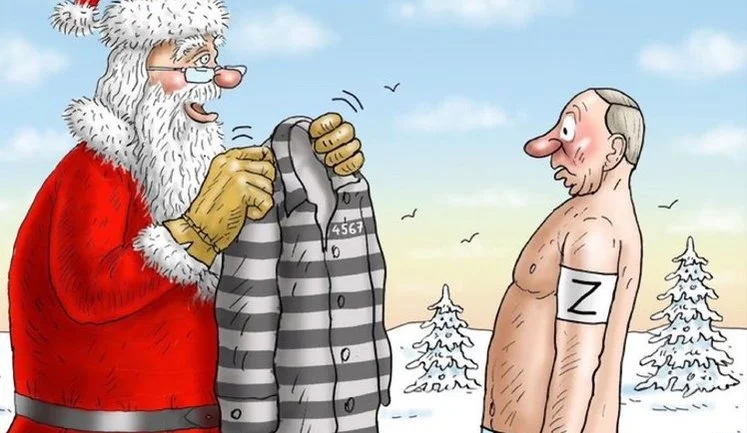In a rapidly shifting global landscape, Vladimir Putin remains a pivotal figure in the ongoing Russia-Ukraine conflict. The Russian dictator's actions, including missile strikes on Ukrainian cities, continue to elicit strong international responses. U.S. President Donald Trump, expressing disappointment in Putin, has criticized his tactics and repeatedly called for a resolution. Turkey supports a potential meeting in Istanbul between Putin and Ukrainian President Volodymyr Zelenskyy, a move seen as crucial for peace talks. However, concerns about Trump's influence and the possibility of a breakthrough remain. Putin's insistence on conditions for ending the war, such as NATO's retreat and lifting sanctions, complicate diplomatic efforts. As geopolitical tensions rise, the emphasis is on negotiation, though significant challenges lie ahead in achieving peace and addressing the aftermath of conflict.
What are Putin's conditions for ending the war in Ukraine?
Vladimir Putin has set specific conditions for ending the war, including Western commitments to halt NATO expansion and lift certain sanctions. These conditions complicate diplomatic negotiations and have been perceived as demanding by Western leaders, further straining relations and prolonging the conflict.
How has President Trump responded to Putin's actions in Ukraine?
President Donald Trump has expressed significant disappointment with Vladimir Putin's actions, particularly the missile strikes against Ukraine. Trump has criticized Putin for these aggressive tactics and has suggested imposing sanctions if Russia does not engage in meaningful peace negotiations. However, there remain questions about Trump's overall strategy and its efficacy in influencing Putin's actions.
Is a meeting between Zelenskyy, Putin, and Trump likely to occur?
A meeting involving Zelenskyy, Putin, and Trump has been discussed, with Turkey offering to host such talks in Istanbul. While all parties have expressed some level of willingness to meet, the complexities of arranging the talks and agreeing on terms pose significant hurdles. The success of these negotiations could depend largely on the willingness to compromise and engage in constructive dialogue.
How does Putin view peace talks with Ukraine?
Putin reportedly views peace talks as a sign of weakness and is focused on achieving a decisive military victory. This approach complicates peace efforts and signals a challenging path for diplomats attempting to mediate. Putin's stance puts pressure on the international community to find alternative ways to encourage negotiations while managing the conflict's humanitarian toll.
What impact has the Russia-Ukraine conflict had on international relations?
The Russia-Ukraine conflict has significantly strained international relations, particularly between Russia and Western countries. The conflict has led to increased sanctions against Russia and heightened geopolitical tensions. Ongoing hostilities also challenge alliances, as countries navigate the complex dynamics of supporting Ukraine while managing diplomatic ties with Russia.



































































